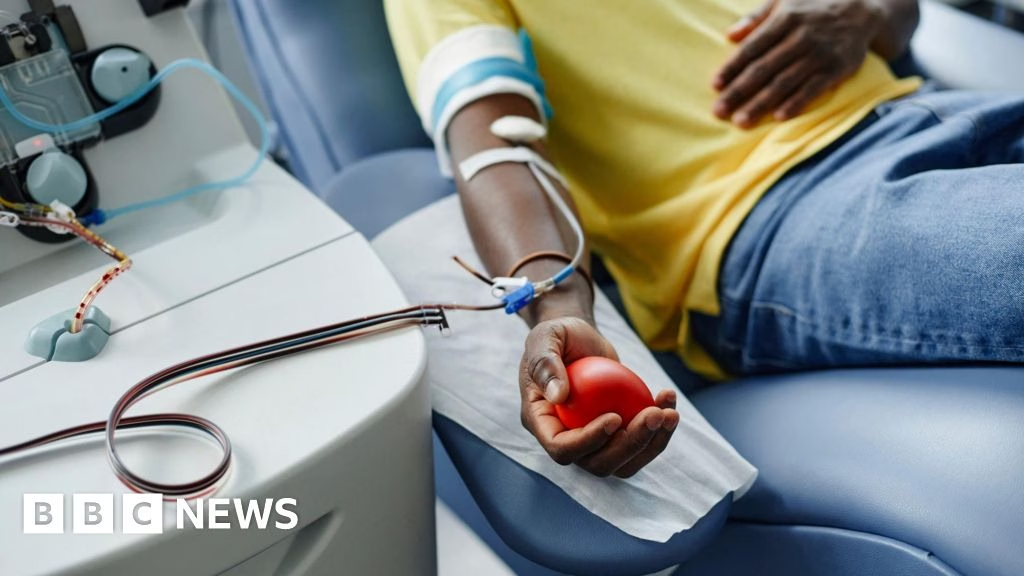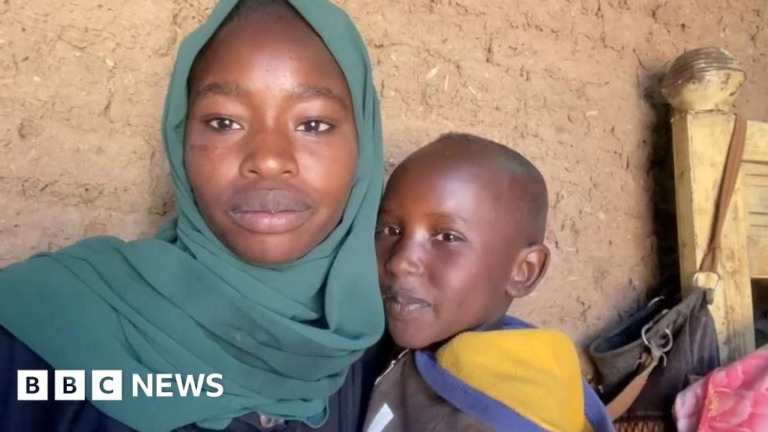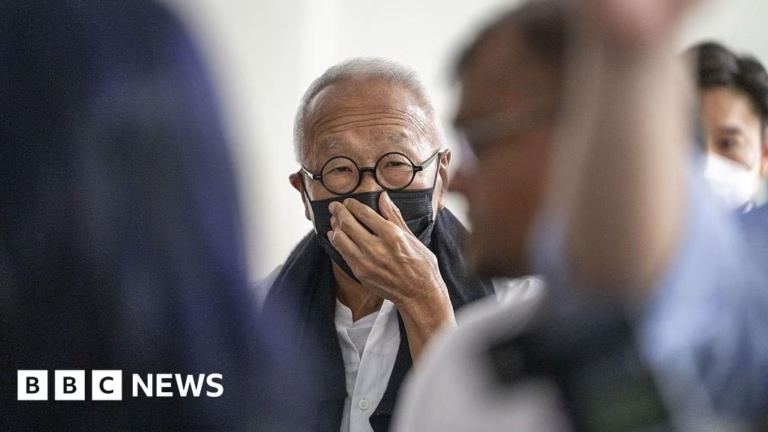Australian government is lifting rules that prevented sexually active gay and bisexual men from donating blood and plasma, the national blood donation service Lifeblood has announced. The existing guidelines, initially introduced to reduce the risks associated with HIV exposure, will be abolished starting from next month, following similar steps taken by the UK and US.
However, Australia will be the first country to remove all sexual activity-based restrictions on plasma donation. The updated rules, which have been approved by the nation’s health products regulator, are expected to establish a broader donor pool, estimated to increase by 625,000 individuals.
Lifeblood’s Chief Medical Officer, Jo Pink, expressed that this development signifies a significant milestone. She stated that the blood safety would still remain a priority, but the old donation rules have been a major stumbling block for the people in the LGBTQIA+ community. The changes will reduce the stigma faced by these individuals.
Until now, any men or transwomen who had sex with men within the previous three months, along with sex workers, and women who had sexual relations with bisexual men, were prohibited from donating blood or plasma. Under the new policy, individuals in a monogamous relationship of six months or more will be eligible to donate blood, irrespective of their gender or sexuality.
As a part of the updated rule, donors will not be asked about their sexual orientation or whether they are in a same-sex relationship. Instead, all donors will be questioned whether they have had anal sex with new or multiple partners in the previous three months.
In case the answer is affirmative, they will need to wait for three months to donate blood, but they will still be eligible to donate plasma. Individuals taking HIV prevention drug PrEP will also be able to donate plasma, although they cannot contribute blood.
The only group that will continue to be excluded from donating plasma are those with HIV and those whose sexual partners have HIV. The amendments to the plasma donation rules are set to take effect from 14 July, and the changes to the rules for blood donation are expected to be implemented in 2026.
Lifeblood partnered with the University of New South Wales’s Kirby Institute for research, which revealed that the rule changes would not affect the safety of blood and plasma supply. The plasma is subject to a process known as pathogen inactivation, which filters out viruses and bacteria, thereby significantly reducing the risk of infection for patients.
Global demand for plasma is at an all-time high and still increasing, including in Australia. Therefore, Lifeblood hopes that the changes will provide much-needed support to supplies. Dash Heath-Paynter, CEO of Health Equity Matters, welcomed the move saying that it could pave the way for thousands of life-saving plasma donations in Australian hospitals.
Additional reporting by Lana Lam
Source: https://www.bbc.com/news/articles/c77vl0n4x5yo







